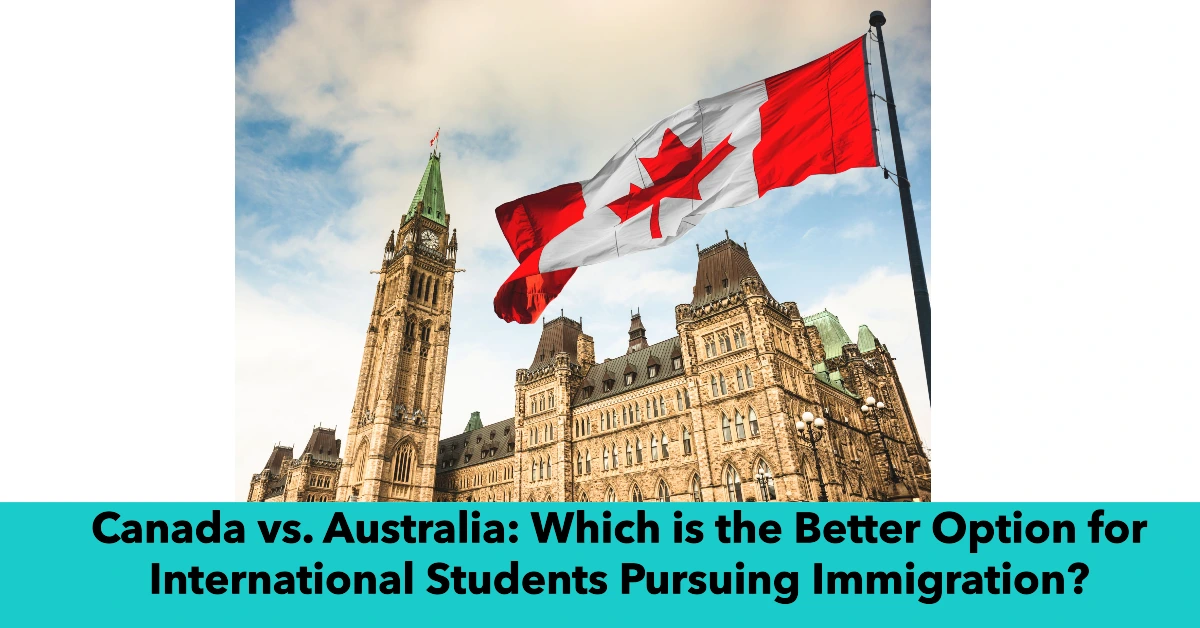The Ontario government has announced significant new plans aimed at cracking down on fraudulent immigration representatives who exploit vulnerable immigrants. If passed, this legislation will enforce stringent standards for those assisting with applications for the Ontario Immigrant Nominee Program (OINP), while imposing severe penalties for violations, including hefty fines and lifetime bans.
A Commitment to Protecting Newcomers
David Piccini, Ontario’s Minister of Labour, Immigration, Training, and Skills Development, emphasized the importance of protecting newcomers from exploitation. “Immigrants come to this province to work hard, support their families, and contribute to a stronger Ontario,” Piccini said. “Unfortunately, a few bad actors exploit their trust and jeopardize their immigration status, scamming them out of thousands of dollars.”
The new legislation will require immigration representatives to meet strict standards, including proof of credentials, written contracts with applicants, and ensuring applicants have direct access to their files.
Key Features of the Proposed Legislation
The Ontario government is introducing new measures under the Ontario Immigration Act, 2015, which include:
- Enhanced Transparency: Representatives must disclose their registration or licensing status and ensure applicants have real-time access to their application status.
- Accountability: Mandatory written agreements between representatives and applicants to ensure clear terms and responsibilities.
- Stricter Penalties:
- A three to ten-year ban for representatives involved in fraud.
- A lifetime ban for individuals convicted of serious crimes like human trafficking.
- Increased fines for misrepresentation, even for services that were provided without payment.
In addition, the province plans to raise the minimum penalty for dishonest representatives from $2,000 to $10,000, reinforcing its zero-tolerance stance on immigration fraud.
Building on Progress
This new initiative builds upon Ontario’s broader efforts under its Working for Workers Acts, which have introduced landmark protections for both workers and immigrants since 2021. Ontario was the first province in Canada to ban discriminatory Canadian work experience requirements for regulated professions and continues to address critical labor shortages. Notably, in 2023, Ontario nominated over 2,000 healthcare professionals, including internationally trained nurses and physicians, for permanent residence through the OINP.
Immigration Fraud: A Growing Concern
Between May 2019 and April 2024, the Canada Border Services Agency (CBSA) charged 153 individuals with immigration consultant-related fraud, highlighting the urgent need for stronger protections. Fraudulent practices not only leave newcomers financially devastated but also jeopardize their immigration status. Ontario’s proposed measures aim to eliminate these bad actors, ensuring fairness and integrity within the immigration system.
Additionally, Ontario is investing $100 million in 2024-25 to support newcomers in settling, learning English or French, accessing training, and securing meaningful employment. Research also shows that integrating internationally trained professionals into their fields could boost the province’s GDP by up to $100 billion over the next five years.
Student Discounts and Special Offers for International Students in Canada
Canada’s Tax System Requires Urgent Overhaul
International Students in Canada Can Now Work 24 Hours a Week Off-Campus: What You Need to Know
$1518 Canada Workers Benefit October 2024: Essential Information You Need to Know
$250 Working Canadians Rebate & GST/HST Relief Payment for 2025: What You Need to Know
Canada vs. Australia: Which is the Better Option for International Students Pursuing Immigration?
Quick Facts
- OINP’s Role: Ontario nominates skilled individuals for permanent residence, with final approvals granted by the federal government.
- Regulatory Framework: Immigration consultants are federally regulated, while immigration lawyers are governed provincially.
- Innovative Pathways: Internationally educated nurses registered with the College of Nurses of Ontario are now exempt from the bachelor’s degree requirement under specific OINP streams.
A Stronger Ontario for All
The Ontario government is committed to creating a safe, fair, and transparent immigration process, ensuring that newcomers have the support and opportunities they need to thrive. With these new legislative measures, Ontario aims to eliminate fraud, protect vulnerable immigrants, and continue building a stronger, more prosperous future for all residents.

